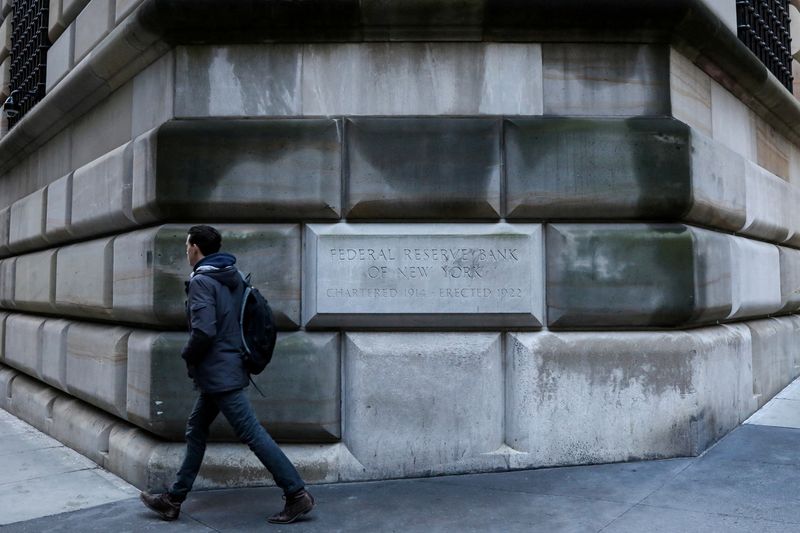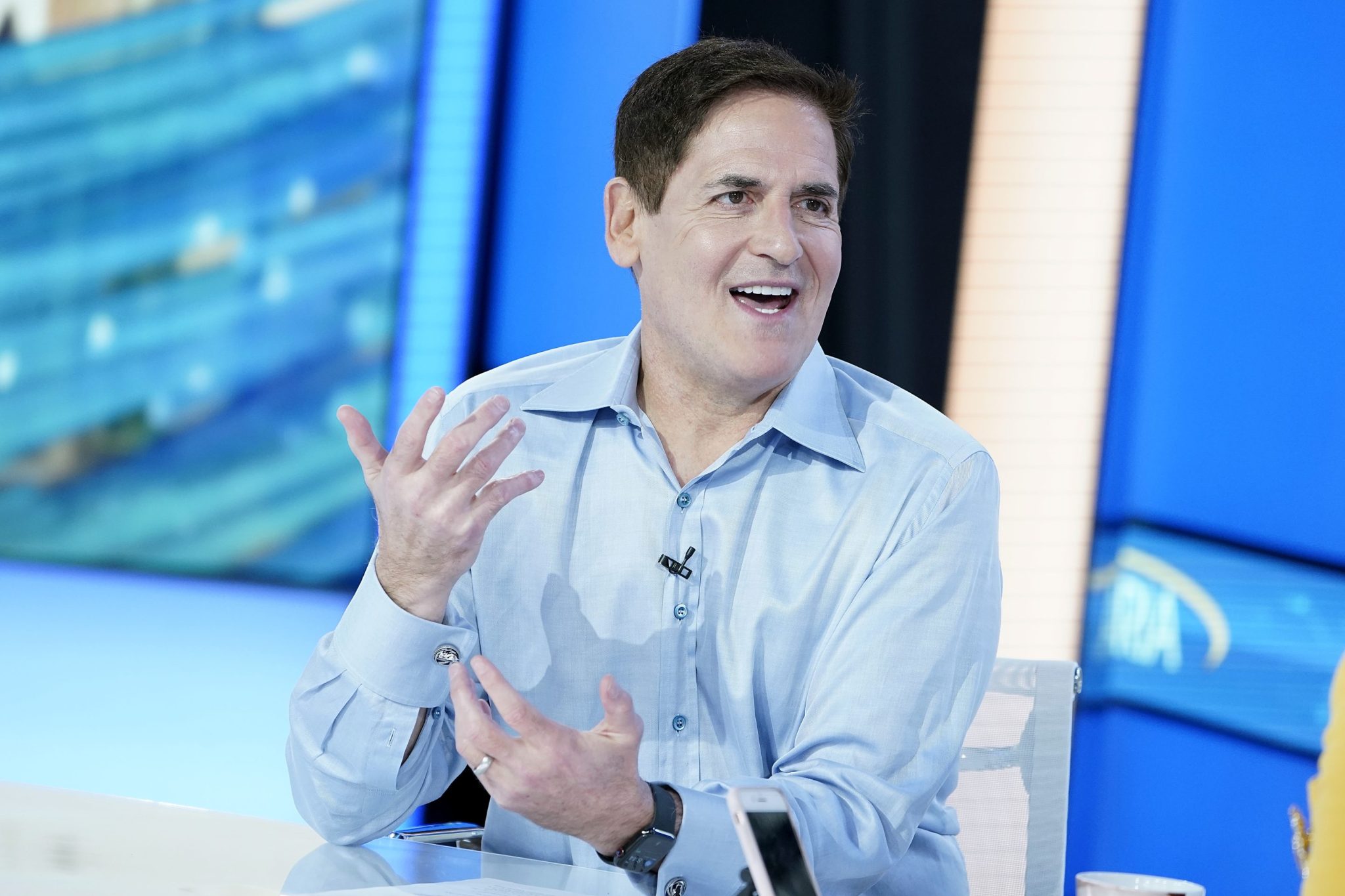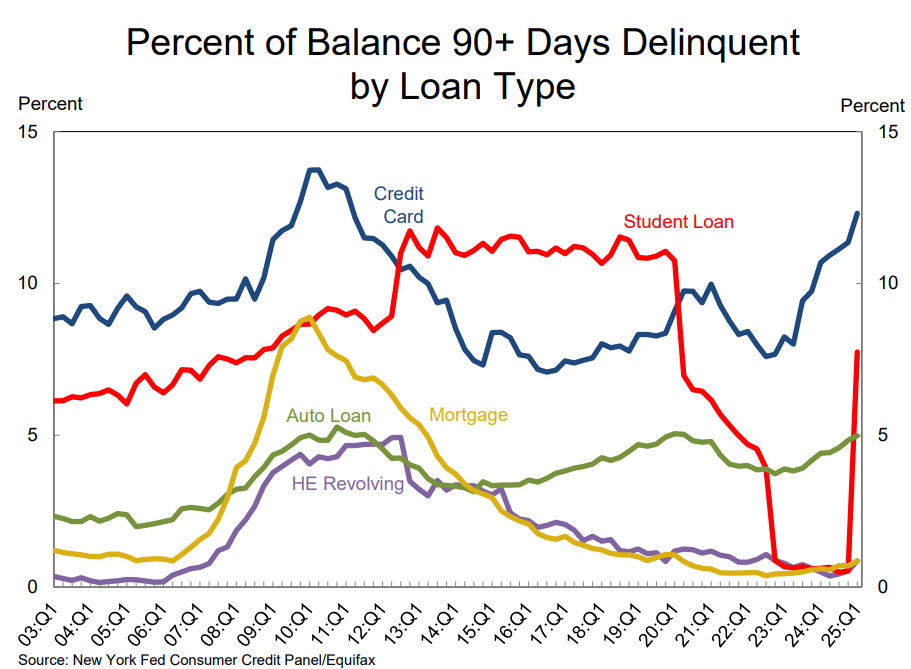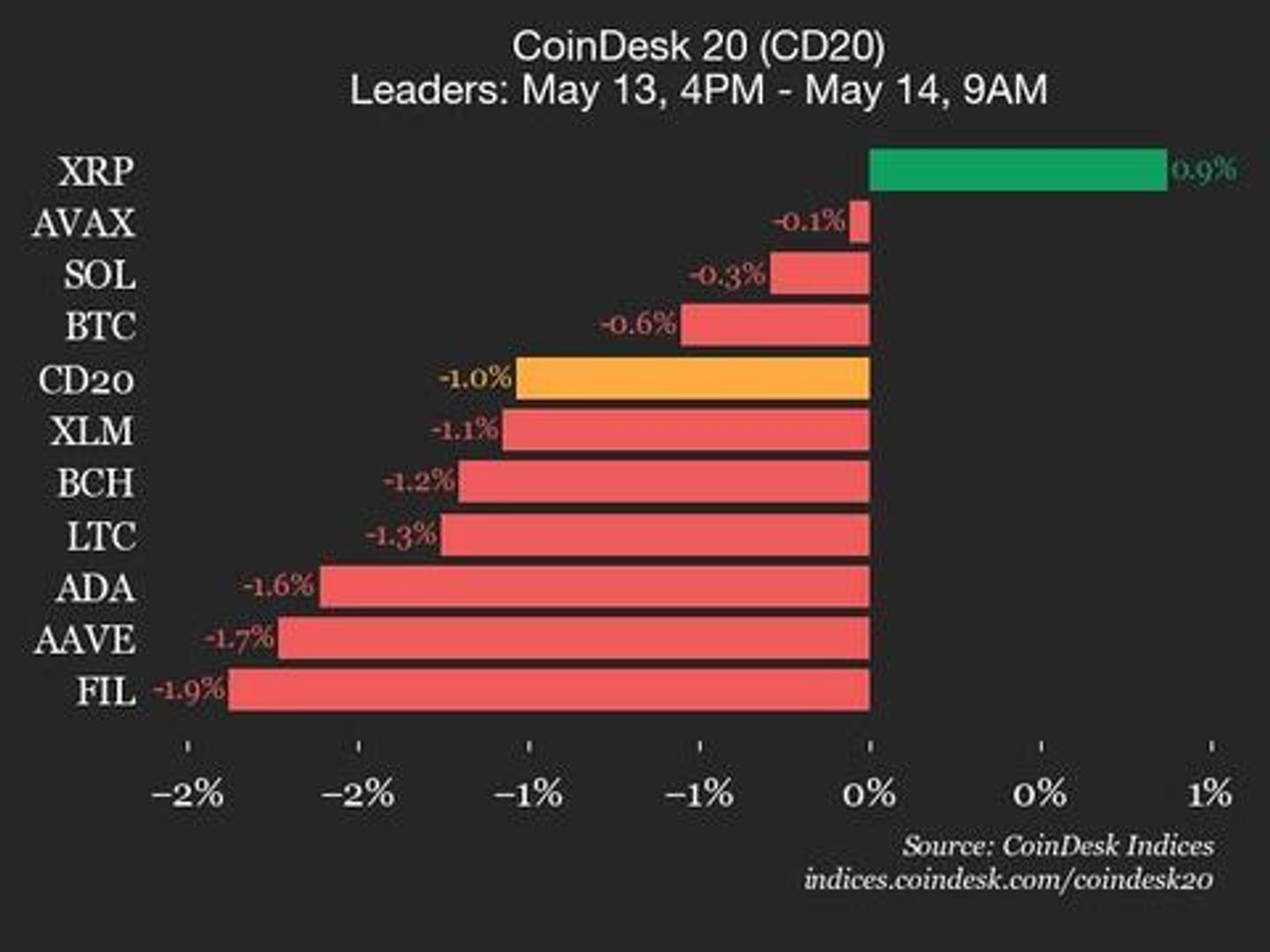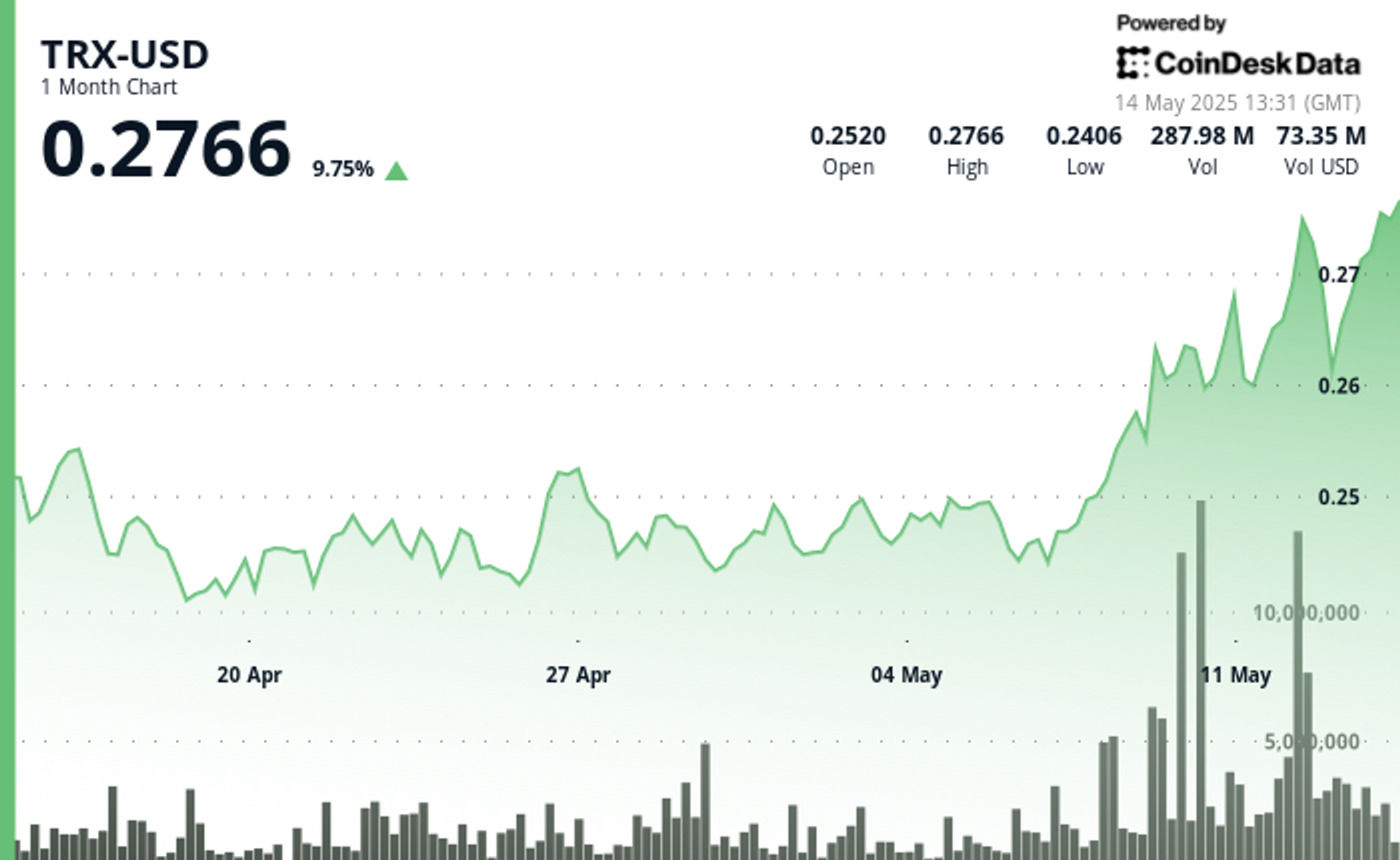With $80,000 coming from inheritance, should we use it for college, retirement, or a future home?
For prospective heirs of a modest four-figure inheritance, it’s worth considering the wide range of uses for the sum. Of course, saving and investing the sum in the S&P 500 would be a top choice for many. For others, using the amount as part of a down payment on a home would be a top […] The post With $80,000 coming from inheritance, should we use it for college, retirement, or a future home? appeared first on 24/7 Wall St..

For prospective heirs of a modest four-figure inheritance, it’s worth considering the wide range of uses for the sum. Of course, saving and investing the sum in the S&P 500 would be a top choice for many. For others, using the amount as part of a down payment on a home would be a top choice. And, of course, for others looking to adapt their skillset for the artificial intelligence (AI) age, it’s all about investing in oneself to reskill ahead of the so-called fourth industrial revolution.
In any case, let’s dig deeper into the case involving a 30-something who’s thinking deeply about where to put their coming windfall to work. From college, retirement, to a future home and experiences, let’s find out which expenditure would offer more bang for the buck.
Key Points
-
This Reddit user is weighing how to put their coming $80k inheritance to work. Should retirement, college, or something else take precedence?
-
Are you ahead, or behind on retirement? SmartAsset’s free tool can match you with a financial advisor in minutes to help you answer that today. Each advisor has been carefully vetted, and must act in your best interests. Don’t waste another minute; get started by clicking here.(Sponsor)
Option #1: Investing for retirement
First up, we have good, old-fashioned investing for retirement. When in doubt, this is certainly never a bad idea, especially for those who are a bit behind when it comes to retirement milestones. For those who haven’t made good use of their tax-advantaged accounts, I’d suggest contributing and investing the proceeds in a run-of-the-mill S&P 500 index fund with a low gross expense ratio.
Vanguard and iShares boast the lowest fees out there with some of the most impressive liquidity, making them top picks for passive investors looking to invest their windfall wisely.
Of course, there are active mutual funds that may claim to have a market-beating edge. But if you’re going to sacrifice 2% on what could be a long shot, I’d much rather go down the route of a passive investor with an S&P 500 index fund or pick up shares of Berkshire Hathaway (NYSE:BRK-B), which has some brilliant minds deploying capital without a hefty expense ratio commanded by most actively-managed mutual funds.
Whether you’re a big fan of Warren Buffett, his successor Greg Abel, or the other smart folks (Ajit Jain, Ted Weschler, and Todd Combs), you’re getting a star-studded lineup for a fairly low price of admission, at least in my opinion. Whether you choose ETFs, Berkshire Hathaway, or some other investment vehicle, putting an inheritance towards retirement is a wise move that’s sure to pay dividends (unless, of course, you’re going all-in on Berkshire!).
Option #2: Investing in college
What’s better than investing in your retirement? Investing in yourself. Warren Buffett thinks it’s the best thing you can do. It can’t be taxed or taken away from you, and it may very well score you the best returns in life. Of course, not all college degrees and diplomas will score you a high-paying job, especially as the disruptive aura of AI approaches.
In any case, I’d be cognizant of AI and strive to pursue a career that can stand tall, even as the threat of automation rises. With Microsoft (NASDAQ:MSFT) recently laying off 6,000, questions linger as to what the future holds for a wide range of professions, from coding to management.
In any case, investing in college is a fantastic way to go, especially for those who aren’t content with their current careers. Additionally, upskilling, online certificates, and lighter-weight options should also be considered depending on one’s goals.
Option #3: Down payment on a home
Indeed, $80,000 isn’t quite enough for a home, but it can be enough for a down payment on a modest home. Of course, there is a degree of risk in taking out leverage, especially if one’s considering going back to college.
Add the uncertainty of AI-induced automation into the equation, and a mortgage seems like it’d be riskier going into the 2030s, given that the stability of many forms of employment could come into question as AI moves at a blistering pace.
Option #4: Family fund for experiences
Finally, for someone who doesn’t really need the cash, given they’re already financially ahead, spending down a big chunk of the sum isn’t the worst idea in the world.
Of course, for frequent travellers seeking to get more mileage, a $80,000 vacation fund could be created so that one would be able to have enough to fund occasional trips in perpetuity.
Based on the “4% rule,” one could draw down 4% per year (works out to $3,200 in this case) of the inheritance and have enough for a sweet trip every single year. Of course, between college and a vacation fund, I’d go with the former, especially since AI demands upskilling and adapting to the new breadth of careers that didn’t exist a decade ago, that will come to be.
The post With $80,000 coming from inheritance, should we use it for college, retirement, or a future home? appeared first on 24/7 Wall St..




